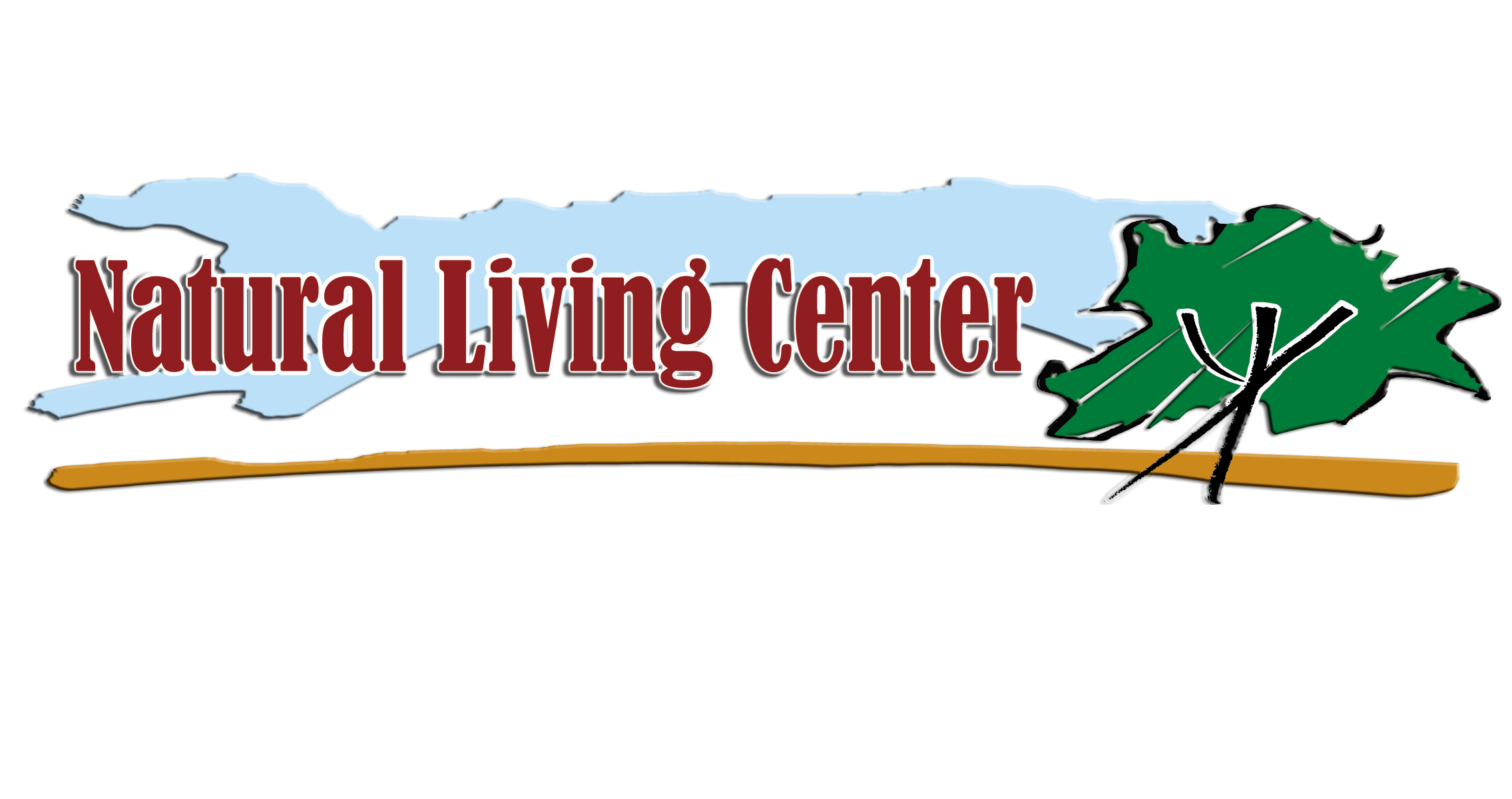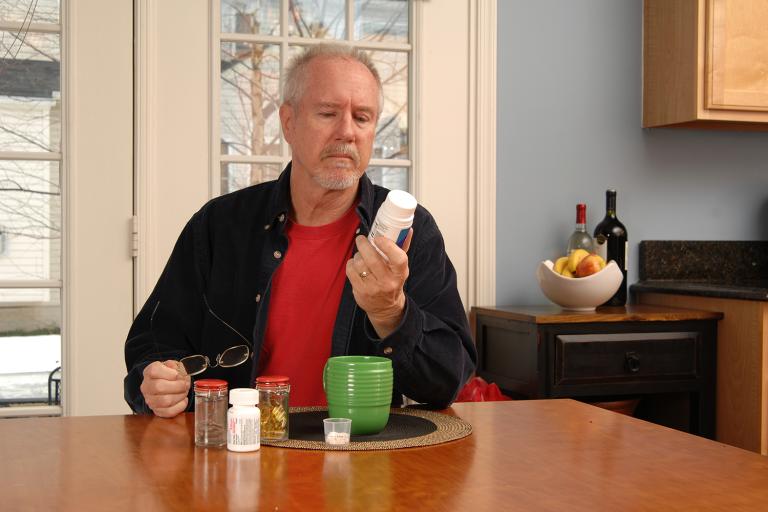As the body ages, cells, tissues, and organs deteriorate. But it’s how we age that’s important.
Supplements for Aging Bodies and Minds
A variety of nutritional supplements can help us maintain vitality, boost the immune system, and fight cell damage.
-
Vitamin E for Memory Loss
A common concern in aging is loss of mental clarity. Free radicals damage neurotransmitters that move thought impulses from the brain throughout the body.
A powerful antioxidant, vitamin E has been shown to attack free radicals and protect cells that make up nerve fibers in the brain. This vitamin may help maintain brain function and slow memory loss.
Vitamin E also inhibits oxidation of bad cholesterol and lowers the risk of heart disease.
Not all vitamin E is the same. Natural vitamin E is more potent than less-expensive, synthetic E. Look on the label for “d” to identify natural vitamin E (“dl” denotes synthetic).
Gamma tocopherol may be a more effective form of E than the common alpha tocopherol.
-
Acetyl-L-carnitine (Memory Loss)
Another weapon against age-related memory loss is acetyl-L-carnitine, which in studies appears to prevent free-radical damage in vital neural tissues.
Elderly patients taking a dose of 1,000 to 2,000 mg a day of this supplement for 90 days showed improvement in mild mental impairments such as slow memory.
Acetyl-L-carnitine may also help restore short-term memory in Alzheimer’s disease, improve memory and cognition in stroke patients, improve symptoms of Parkinson’s disease, and relieve some depression symptoms.
-
Ginkgo biloba (Antioxidants)
Ginkgo biloba, an herb with potent antioxidant flavones, improves blood flow to the brain, reduces blood platelet formation, and counteracts free radical activity. It may also help slow memory loss and prevent oxidative damage.
-
Selenium (Cell Health)
Cell activity slows and cells begin to break down as we age. The antioxidant trace mineral selenium keeps cells active, supple, and permeable so they can process vital nutrients.
Selenium also destroys free radicals, helps the body produce thyroid hormones that regulate metabolism, promotes good cholesterol and lowers bad cholesterol, and strengthens immune function.
Some evidence suggests it may help prevent diabetes and heart disease.
-
Coenzyme Q10 (Cell Health)
As we age, our bodies produce less coenzyme Q10 (CoQ10, aka ubiquinone), which is essential for producing energy in the cells and fighting damage from free radicals.
CoQ10 supplementation regulates the oxidation of fats and sugars into energy, helps the body transport energy from enzyme to enzyme, boosts the immune system, and prevents cholesterol oxidation that leads to plaque buildup and cardiovascular disease.
-
Vitamin C (Antioxidant)
Tried-and-true vitamin C plays an important role in supplementing for healthy aging. Antioxidant C renders free radicals ineffective to healthy cells, giving the immune system time to battle more threatening infectious agents.
Vitamin C also reduces inflammation in the arteries, improves good cholesterol, reduces joint stiffness and osteoarthritis, contributes to healthy skin and vision, and regulates white blood cells, which may help to prevent certain cancers.
-
Green Tea (Cell Health)
Green tea, high in polyphenols called catechins, helps in the fight against DNA damage and promotes the eradication of cancer cells. This unfermented tea protects against oxidation and free-radical damage and improves the integrity of cells. Green tea extract is associated with lower occurrences of bladder, breast, colon, liver, ovarian, prostate, and stomach cancers.
As the antioxidant effect of one cup of green tea lasts only about two hours, experts suggest sipping green tea throughout the day. Or, find a high-quality supplement at your local natural products store.
-
GliSODin (Antioxidant)
GliSODin is a potent, proprietary form of the antioxidant SOD, which supports the body’s ability to eliminate superoxide radicals, a culprit of premature aging and cellular damage. This antioxidant supplement appears to enhance antioxidant status on the cellular level and to protect against cell death caused by free-radical damage.
French scientists recently studied GliSODin’s affect on cardiovascular health, finding that supplementation helped control carotid artery thickness, or atherosclerosis. “We could demonstrate the preventive efficacy of GliSODin at a preclinical stage in subjects with risk factors of cardiovascular disease,” they wrote.
Scientific Challenges
A study conducted at University College London and published in the November 2008 issue of Genes and Development appears to cast some doubt on the relationship between popular antioxidant supplements and lifespan.
The study, which tested the ability of genetically altered worms to fight the dangerous free radical superoxide, found that changing the worms’ natural defense levels had no effect on their lifespans. More research will be required in higher life forms, especially mammals, to confirm these results.
And the question of lifespan versus quality of life arises. A variety of enzymes, vitamins, minerals, and herbs may improve general health, mental clarity, mobility, flexibility, vision, and the list goes on.
These supplements along with lifestyle factors—eating healthfully, exercising, socializing, having close family ties and spiritual practices, not smoking, and not drinking to excess—help many to enjoy an active life longer.

